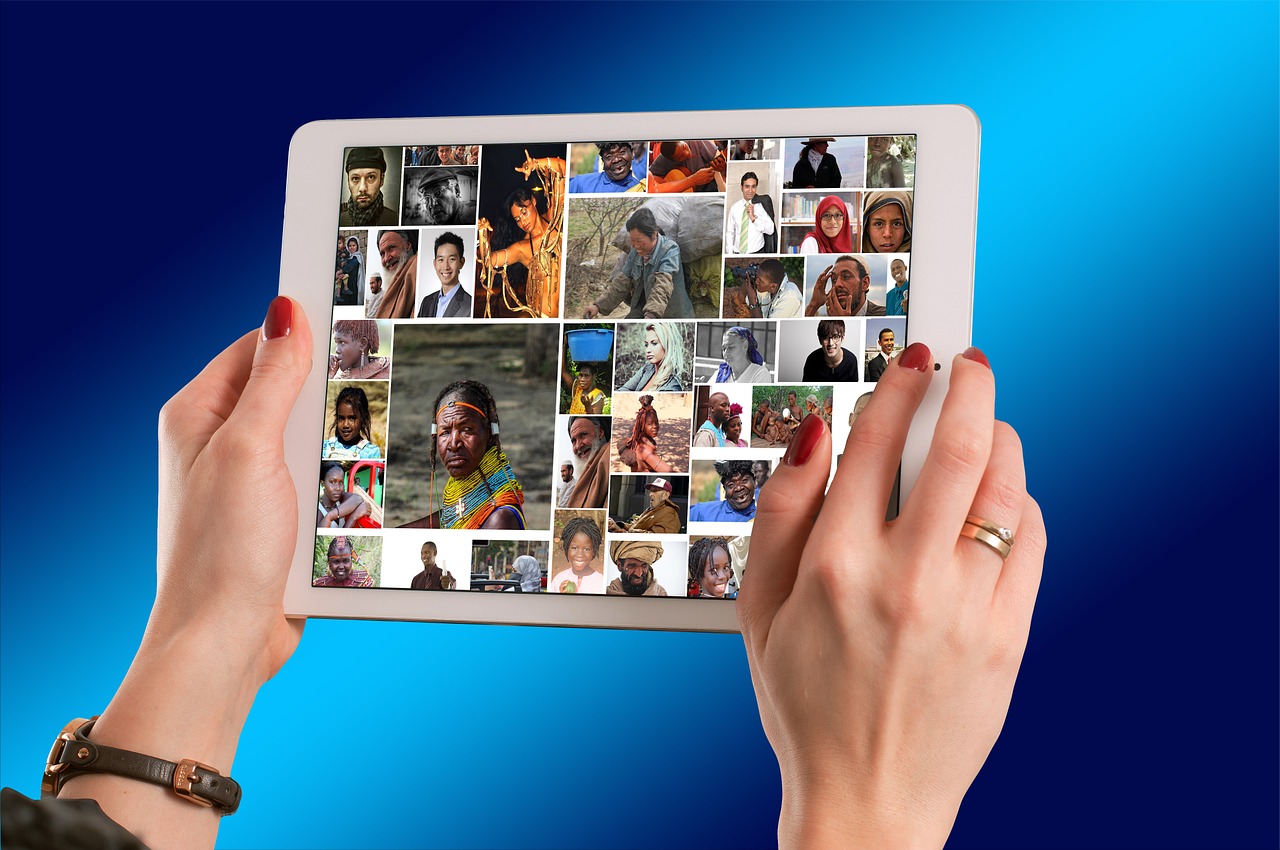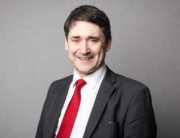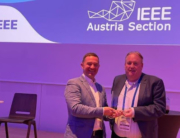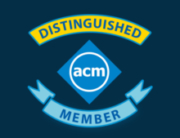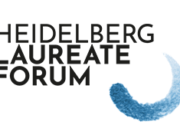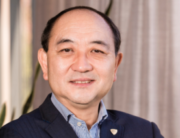The International Baccalaureate (IB) Diploma Programme is maintaining the currency of a key technology-related subject through an on-going collaboration with IFIP’s Technical Committee 9 (TC9), which focuses on Computers and Society.
The Information Technology in a Global Society (ITGS) subject forms part of the two year Diploma Programme offered to students aged 16 – 19 years old. ITGS is the only pre-university IT course that focuses on individuals and societies rather than on the technology itself.
ITGS encompasses three integrated strands:
- Social and ethical significance – a discussion of social and ethical considerations related to IT developments;
- Application to specified scenarios – which uses scenarios to address IT developments in the specified themes; and
- IT systems – which explores the terminology, concepts and tools relating to IT developments.
With an ambitious mission to create peace in the world through education, the IB supports around 80,000 students studying the Diploma Programme in over 100 countries, of which around 4,000 study the ITGS course.
Since technology is developing at a rapid rate, maintaining currency and relevance is a core challenge for the ITGS Subject Manager, Richard Taylor, but he said the developing relationship with IFIP facilitates this work.
“I first met the Chair of IFIP TC9, Diane Whitehouse, at a TC9 Human Choice and Computers Conference and we stayed in touch,” said Taylor. “Diane has been great and really welcomed me into the fold. Furthermore, the contact with this committee has offered me opportunities to present papers and work on IFIP projects.
“As you can imagine, any subject that looks at the relationship between information and communication technologies and individuals and societies is moving really fast – having this contact with IFIP helps the IB maintain the contemporary nature of this subject. IFIP supports me by giving me an opportunity to meet with people who are at the cutting edge of the subject in higher education and industry,” he said.
Mr Taylor attends an IFIP event each year. For example, the next Human Choice and Computers conference will be held in Salford, UK in September 2016. As a result, he has been invited to assist on the organising committee for the WG9.2 workshop to be held in Barcelona next month. He has also presented a paper on how schools can empower their students to make informed decisions about their use of technology at ETHICOMP, the ethical computing conference in the UK last year, and has previously contributed a chapter to a book on the History of Computing.
While the ITGS curriculum is reviewed every seven years, students use an annually issued research-based case study to investigate an emerging area of technology. “In 2015, the projects looked at Big Data while this year the students are studying Smart Homes and next year they’ll be focusing on Wearables,” he explained.
“By participating in IFIP, surrounding myself with people who are extremely knowledgeable in these areas and listening to what they have to say, my thinking has evolved. Attending IFIP events also gives me an opportunity to cross check what the IB teaches against the thinking of experts. It’s very reassuring to hear a conference speaker confirm that what we’ve written in a Big Data case study is correct.”
Mr Taylor said the ITGS subject differs from standard IT subjects taught in schools because it focuses on the ethical use of technology. “We’re preparing students for life and helping them to understand the potential consequences of decisions they make. TC9, and particularly its Working Group 9.2, have become invaluable in helping me keep the course current and ensure that IB teachers are presenting relevant and meaningful material to achieve our goals,” he said.

